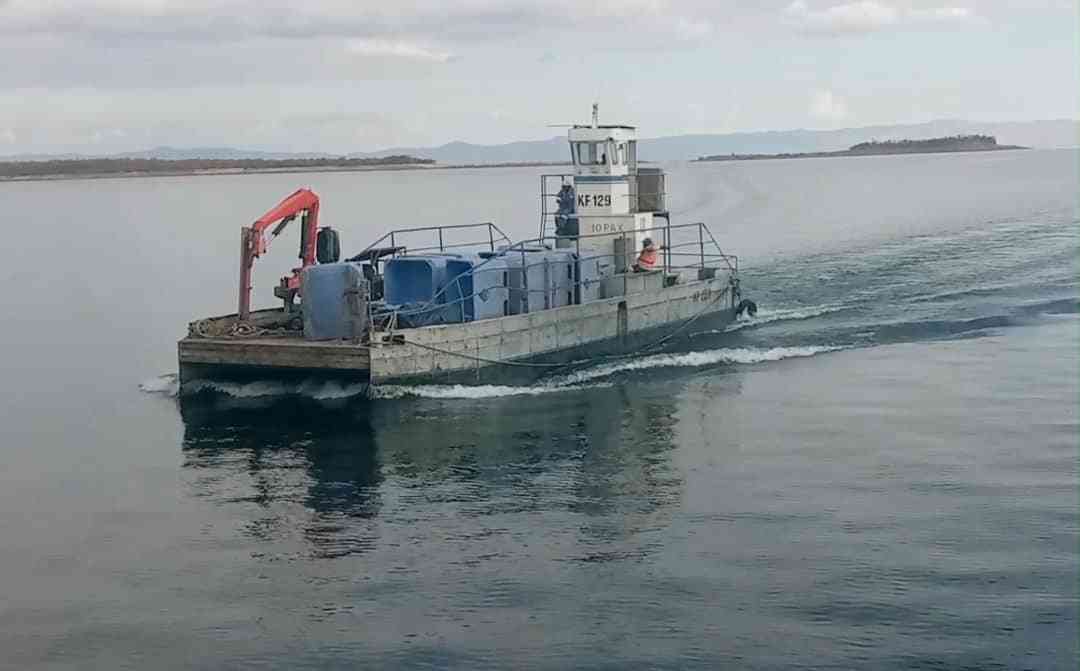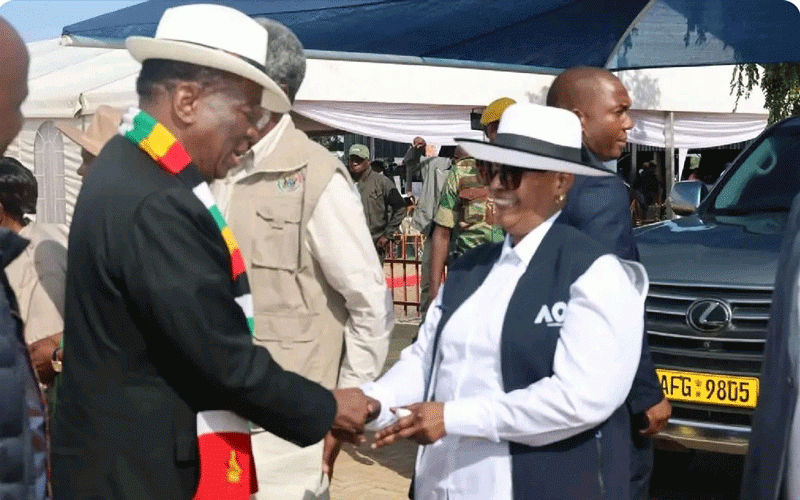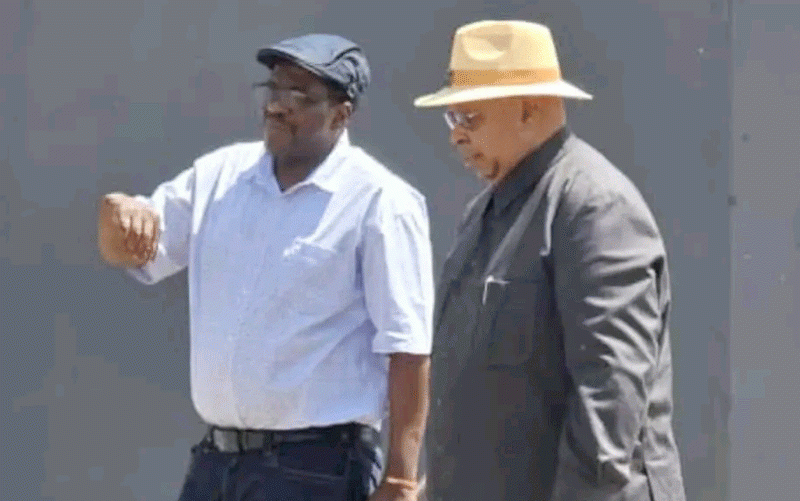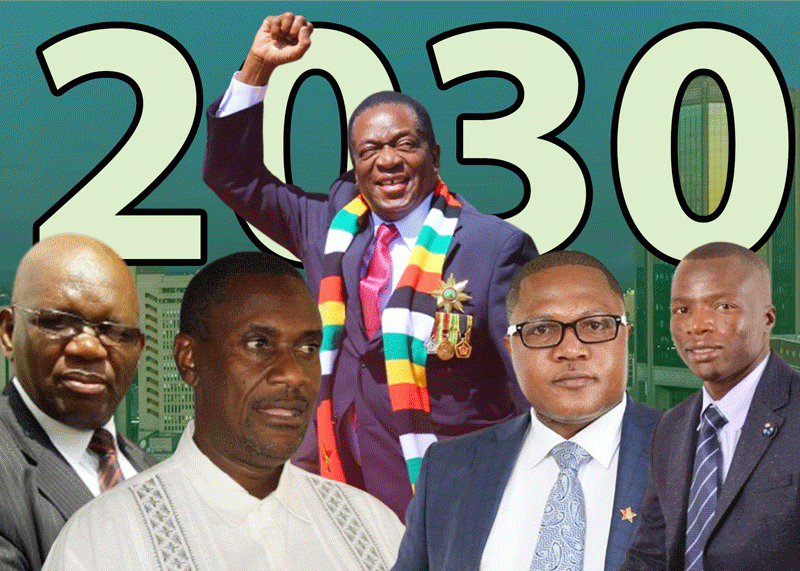
BY LULU BRENDA HARRIS
President Emmerson Mnangagwa was on Friday asked to apologise for the Gukurahundi atrocities when he met a group of Matabeleland-based civil society organisations and political parties in Bulawayo.
A group known as Matabeleland Civic Society, formerly known as the Matabeleland Collective, told Mnangagwa at a meeting held at State House that nothing had been done since the government made a commitment to start addressing issues affecting Gukurahundi victims a year ago.
The groups, led by Jenni Williams of Women of Zimbabwe Arise, told Mnangaga that his government must go beyond rhetoric to tackle Gukurahundi, Dumisani Ngwenya, who made a presentation on healing, said some people in Matabeleland were sceptical about the president’s commitment in dealing with the atrocities committed by the North Korean-trained Fifth Brigade soon after independence.
Ngwenya said an acknowledgement of the atrocities and truth telling were necessary to move the country forward.
“An acknowledgment is important as Gukurahundi happened and an apology would help a lot, on behalf of the state, as it reneged on its right to protect and to say it won’t happen ever again,” he said.
Ngwenya also questioned the absence of Matabeleland chiefs at Friday’s meeting, saying issues arising from the atrocities would not be resolved in the absence of traditional leaders.
Mnangagwa told the meeting that chiefs failed to attend the meeting because of logistical problems.
- Chamisa under fire over US$120K donation
- Mavhunga puts DeMbare into Chibuku quarterfinals
- Pension funds bet on Cabora Bassa oilfields
- Councils defy govt fire tender directive
Keep Reading
He said the Local Government ministry failed to make arrangements for the chiefs to travel to Bulawayo on time.
Civil society also complained that many Gukurahundi victims still had no birth certificates despite a commitment by Mnangagwa that they would be assisted to obtain the documents.
The activist said the government must also officially acknowledge that people were killed by the army instead of stating that they died in a “crossfire” on their death certificates.
“We require a way in which to develop an implementation format where we can at least identify people in the communities who require birth and death certificates,” Williams said.
“Some people simply had their names misspelt and they want names to be properly spelt.
“Some victims were unable to get death certificates for their parents.
“On the cause of death, many are told their parents died in a crossfire, what is that? Please may the facts be captured in documents. We hope the Registrar-General will engage us.”
Justice, Legal and Parliamentary Affairs secretary Virginia Mabhiza said there were still 16 outstanding issues from a list drawn by the government after Mnangagwa met civil society organisations from the region last year.
Mabhiza said the government would soon launch an outreach programme to issue birth and death certificates for Gukurahundi victims.
“The government is now waiting for a date for the official launch of the rollout programme,” she said.
“On death certificates, people want the actual cause of death listed on death certificates and the government is working on a legal framework as legal officers felt stating Gukurahundi as cause of death was objectionable.”
Mabhiza said the government halted the exhumation of remains of people killed during Gukurahundi because there were some people that were allegedly carrying out illegal exhumations.
ZPRA war veterans, represented by their secretary-general, Baster Magwizi, said they needed an apology because they were “the first victims of Gukurahundi”.
The veterans also asked the government to return “their properties, Zapu properties, memorabilia, war records and our music”.
Mnangagwa said he although he was in constant touch with the Matabeleland Civic Society, he was worried about the slow progress in implementing issues that were agreed to last yea.
“However, we must resist the urge to elevate any differences that arise out of discussions aimed at resolving the issues of Matabeleland to a level where they become permanent barriers that present meaningful dialogue amongst us,” he said.
Mnangagwa said his government was committed to resolving Gukurahundi through dialogue and negotiations.
“I have no doubt the problems raised by this gathering in March last year can and will be resolved through the same method that has brought us success before, which is dialogue,” he said.
Mnangagwa pledged to “continue to monitor this dialogue very closely”. —CITE









